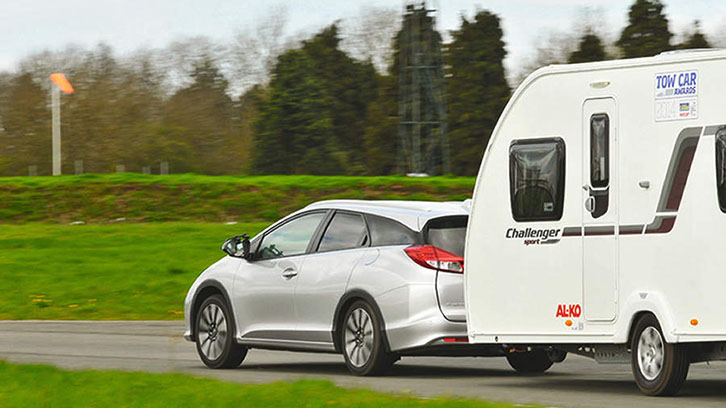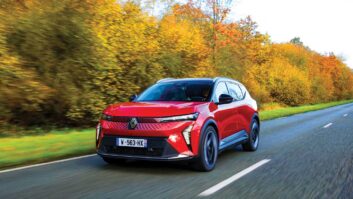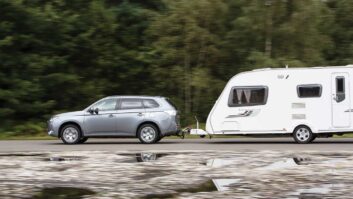Fuel prices stopped rising for the first time in nine months during August, RAC Fuel Watch data revealed.
Last month saw the average price of a litre of unleaded fall by 0.27p, dipping to 135.02p. In comparison, Diesel remained at a near identical price, going from 136.66p to 136.65p.
While they are only small reductions, the lowered prices mark a welcome change from previous months. July saw unleaded petrol undergo the biggest monthly increase since January, when it became the most expensive it had been in eight years to fill up with petrol.

Drivers looking to get the best fuel prices are being advised to go to major supermarket forecourts. Here, the average price of unleaded stands at 132.09p per litre, while diesel is 133.91p per litre. This is a decrease of 0.34p and 0.41p respectively.
The recent rollout of E10 petrol is not anticipated to adversely impact prices, the RAC has said, as the the increased cost of bioethanol has been “included in the wholesale price of the fuel for a while”.
RAC spokesman Rod Dennis said: “A full nine months of continuous price rises finally came to an end in August, but that’s really no comfort at all to drivers who have been paying considerably more to fill up this summer than last year.”
“While an end to rising prices is to be welcomed, it remains the case that there’s little immediate sign that pump prices are actually going to come down. Key to what happens next is how the oil price changes. In the last few days, we’ve actually seen it increase once again after OPEC+, which represents many of the largest oil producing nations, decided to stick with its current plan to increase output only very slightly in the coming weeks. This, if combined with more positive international economic news in the wake of the pandemic, could once again spell rising prices at the UK’s forecourts. It’s a picture we need to continue to monitor closely, particularly if oil again begins to creep up to near the $80 a barrel mark as it did in July.”
“What isn’t in dispute is just how much more expensive this second ‘staycation’ summer has been for drivers compared to 2020. With so many of us covering long distances this year, the effect of paying around 20p more per litre for petrol and diesel is likely to have been widely felt.”
If you enjoyed this article why not check out some of these…
Drivers warned to be wary of purchase scams as new number plates launch
DVSA holds open consultation on scrapping additional caravan driving test
Revealed: the UK regions with the most speed cameras
If you’ve enjoyed reading this article, why not get the latest news, reviews and features delivered direct to your door or inbox every month. Take advantage of our brilliant Practical Caravan magazine SUBSCRIBERS’ OFFER and SIGN UP TO OUR NEWSLETTER for regular weekly updates on all things caravan related.
A full nine months of continuous price rises finally came to an end in August, but that’s really no comfort at all to drivers who have been paying considerably more to fill up this summer than last year.







